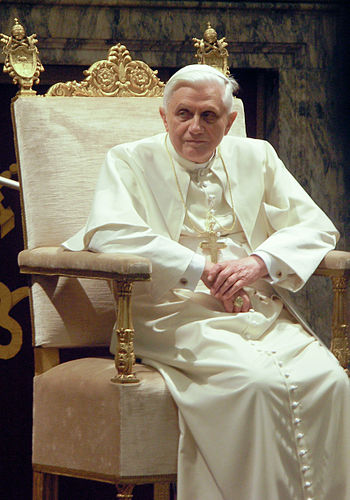I really wish I had the time to write a rosary reflection every day based on that day’s Gospel passage. But given that I’m only one person with a family and full-time job, I guess that will just need to wait another 30 years for my retirement. But I’ll consider myself successful if I can tie at least one Gospel to the rosary each week.
Let’s look at the Gospel from 7/27/16:
Jesus said to his disciples:
“The Kingdom of heaven is like a treasure buried in a field,
which a person finds and hides again,
and out of joy goes and sells all that he has and buys that field.
Again, the Kingdom of heaven is like a merchant
searching for fine pearls.
When he finds a pearl of great price,
he goes and sells all that he has and buys it.”
The theology 101 analysis of this reading is straight forward. Think of the treasure as God’s grace or Heaven. Those who understand its value will be willing to give away all their earthly possessions to possess it. Taking their chances that they will have enough money to buy the field or that the field is still available is comparable to our faith in the joys that await us in Heaven. We do not have any observable proof of the greatness of Heaven, but our faith tells us that it is something worth forsaking all our worldly comforts to obtain.
The phrase that popped out at me was the person selling all that he has to buy the field containing the treasure. Why didn’t this person just pocket the treasure and go on his merry way? That way, he would not have to go through the trouble of selling his possessions and buying the field which would cut into his overall profit from the treasure. Even when he does go through the effort of buying the field, does it seem dishonest to withhold from the owner that there is something of extreme value on his land?
Going through the exercise of selling what you have and buying the land demonstrates that effort is needed on your part to obtain what is valuable. Just taking the treasure without working for it implies a sense of entitlement; that God owes us his love. Or, it leads us to believe we are entitled to the glory of Heaven now, in this life. But Jesus tells us no, you have to be patient and work on your relationship with God and your reward will be found in Heaven. That treasure must remain buried in this life because we do not yet have the right or the ability to fully possess it.
Saint Matthew’s gospel reading reminds me of the Fourth Joyful Mystery of the rosary — The Presentation in the Temple. I think about Saint Simeon who met the infant Jesus after what I assume was years of waiting. Although God promised Saint Simeon a great gift of seeing the Savior before dying, it was still something he could not possess immediately and had to show patience. He knew God was going to fulfill that promise and he could have done anything with his life. But the fact that Saint Simeon was in the temple on the day of Jesus’ presentation implies that he was probably a regular worshiper and spend a lot of time in prayer.

Now connect the dots between Saint Simeon in the Fourth Joyful Mystery of the rosary and Matthew’s gospel. While we have the promise of God’s grace, we have to put ourselves in the right frame of mind and spirit to fully receive it. I imagine that Saint Simeon wanted to accept God’s gift in the fullest manner possible and worked hard living righteously. Otherwise, I could envision him having regrets if he was to receive Jesus in an unworthy state. The same goes for us receiving the treasure that God freely offers us — the ability to spend eternity with him in Heaven.
Are we putting in the effort to fully receive that gift by living a spiritual and righteous life and avoiding sin? Or do we pass up that treasure in the field because we are still uncertain it’s worth the effort to obtain it? Or do we feel bitter and resentful because we cannot have it now? The next time you pray the rosary and meditate on the Gospel, ask God for the patience and perseverance to live for his Kingdom and the understanding that it is not something we can fully grasp in this life.



























































